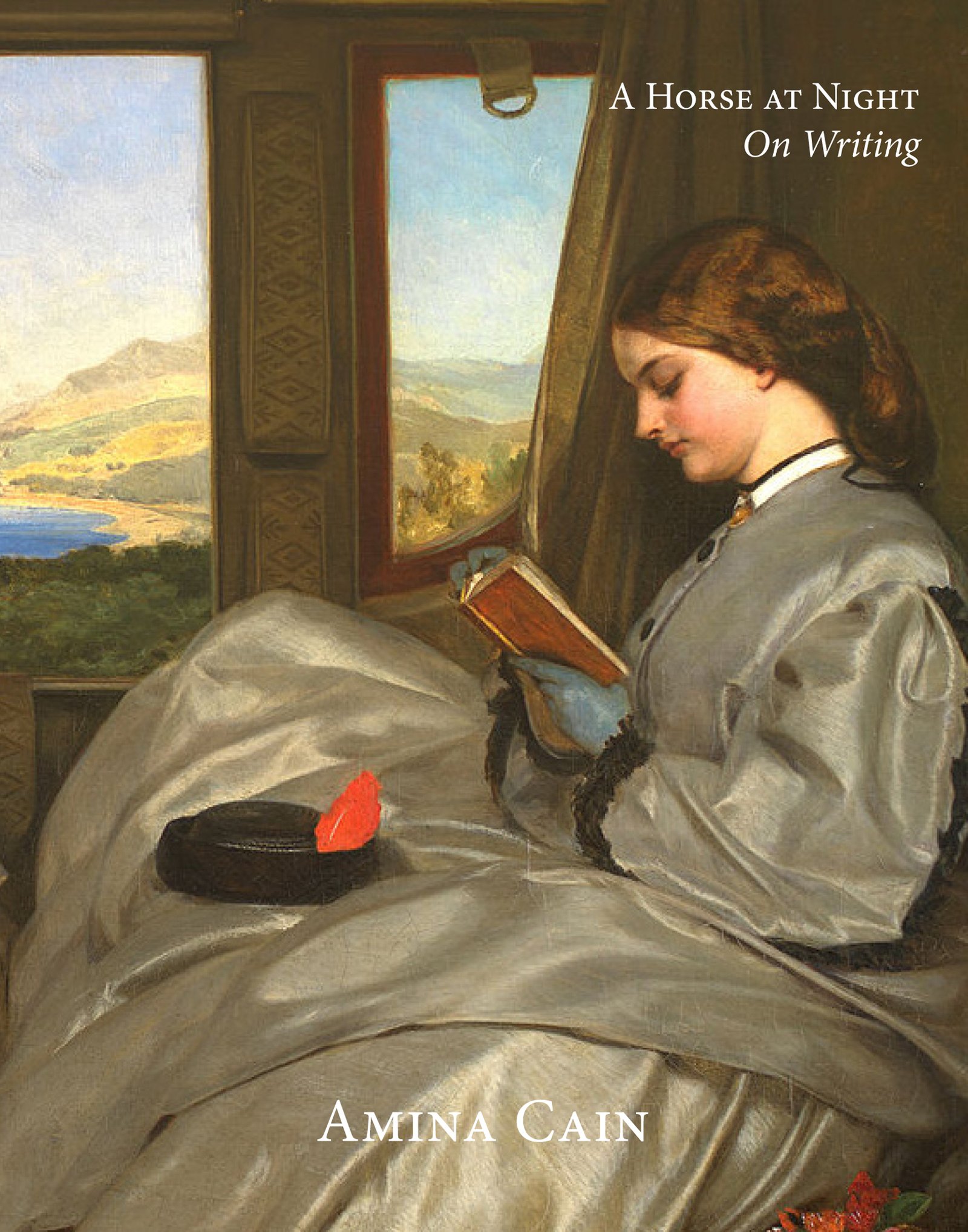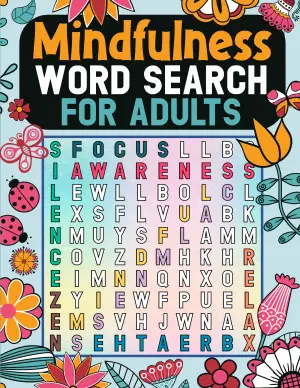
18 Jun Book Review of A Horse at Night: On Writing
A Horse at Night: On Writing by Tanaïs – A Tango of Thoughts
From the moment I flipped open A Horse at Night: On Writing by Tanaïs, I was both thrilled and comforted by the idea of diving into the mind of a fellow writer. There’s something enticing about reading a collection of mini-essays and diary entries from an author who reflects on her life, ambitions, and the ebb and flow of the creative spirit. For someone like me who revels in the musings of writers contemplating their craft, this book felt like it would be right in my wheelhouse. Yet, as I turned the pages, I found myself on an unexpected journey—one that sparked introspection but ultimately left me wondering about the layers I might have missed.
Tanaïs’s reflections are filled with relatable moments—her thoughts on reading in bed, the nuances of solitude versus community, and the gentle reminder that happiness is often a fleeting companion. Yet, while many passages resonated, others felt vague or almost trivial, leading me to sigh more than I would like to admit. It struck me how the simplicity in some of her observations lapses into the ordinary, forcing me to question whether I lacked a certain appreciation or if the observations themselves were lacking depth. Take, for instance, her statement on the joys of reading at night: “Reading is best but it’s nice to read in bed at the end of a long day.” It prompts a gentle sigh, but does it provoke the deeper thoughts that I sought?
Tanaïs does weave stimulating reflections on writing. She expresses her love for immersive descriptions, describing her intention to conjure emotions that linger—“to see what is possible,” she muses. This resonates with me deeply as I navigate my own writing world. Yet, at times, her manifesto-style declarations come across as grand but lack the punch I crave: “I don’t want to stay on the surface of language.” Ironically, I found myself yearning for more substance amid the lyrical promise.
One standout moment was her analysis of Ferrante’s My Brilliant Friend, which sparked an embarrassing vocal reaction from me mid-café visit. Tanaïs explores the complexities of female friendships, though I wished she had gone deeper—especially as she touches on themes of “internalized patriarchy.” Her thoughts linger like a scented candle, appealing but not fully illuminating the room. I’m left pondering the nature of “toxic friendships” and how they apply to the characters’ nuanced dynamics.
Perhaps the most profound sentiment comes in the final pages when she reveals her own struggles with authenticity in writing. “Sometimes sentences I have written in the past make me cringe, even if once I liked them.” Here, Tanaïs finally allows her vulnerability to shine through, and it’s this honesty that reminds us all that the creative journey is fraught with self-doubt and growth.
In conclusion, while A Horse at Night didn’t quite live up to the high praise I had anticipated (it’s true, the endorsements had swayed me), it serves a purpose. Readers looking for an intimate peek into a writer’s life and thought processes might find solace. Yet, for those like me searching for a book that stirs deep reflection or “acts as an axe for the frozen sea within us,” it might leave them desiring something more. Nonetheless, I’m grateful for the thoughts it prompted within me, and this personal journey of reading will linger, just as Tanaïs hopes her stories will.
If you, too, find joy in exploring the delicate layers of a writer’s mind, give A Horse at Night a read—perhaps you’ll uncover hidden treasures that eluded me.
Discover more about A Horse at Night: On Writing on GoodReads >>









